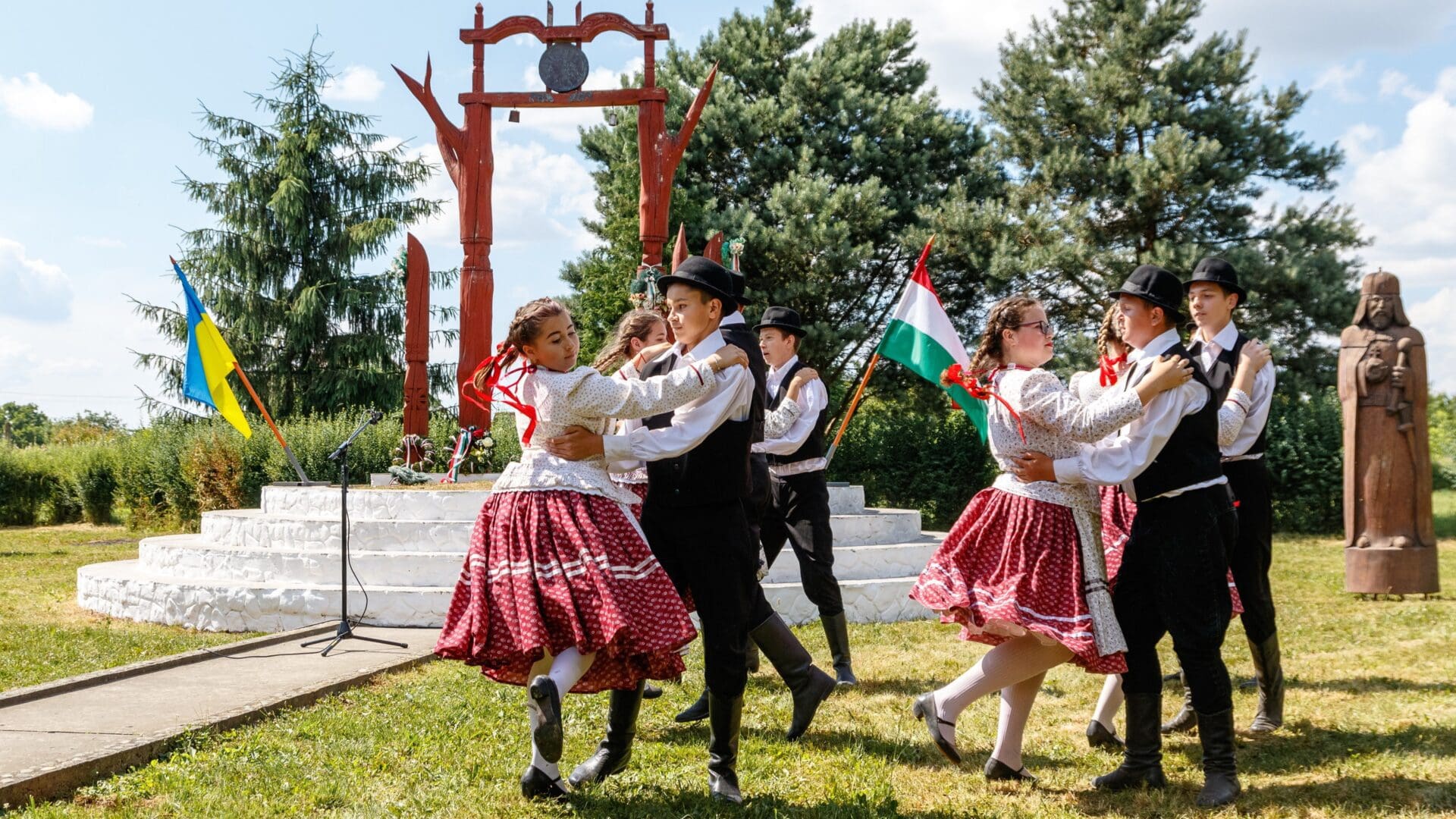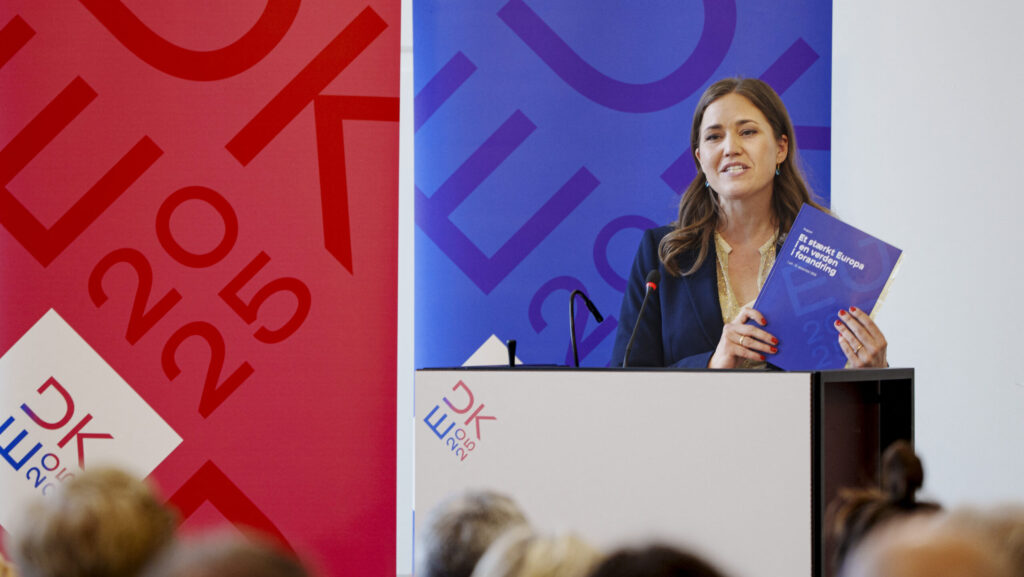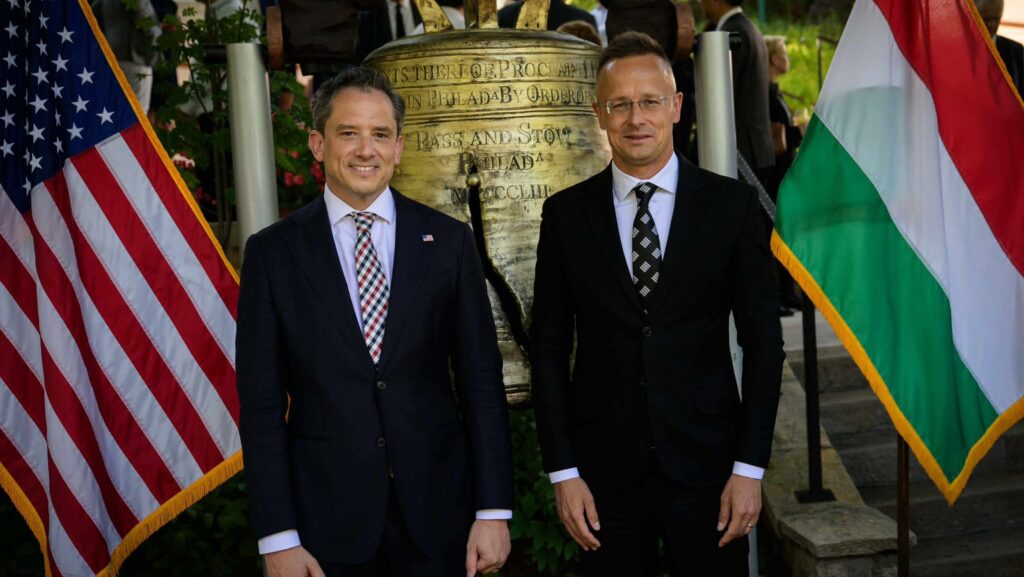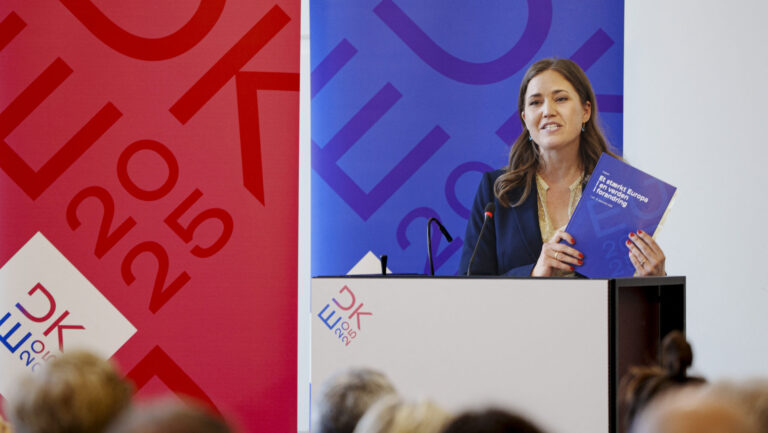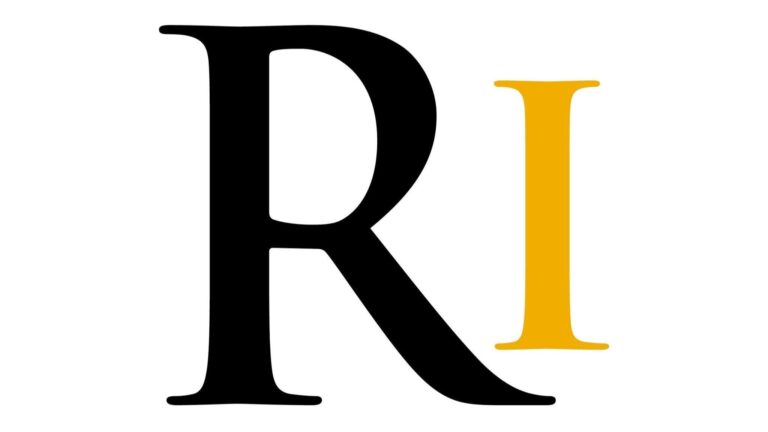‘As members of the Hungarian nation live as indigenous communities in several countries, the protection of national minorities, even at the European level, is one of the pillars of Hungarian foreign policy,’ ministerial special representative for the development of Hungary’s neighbourhood policy Ferenc Kalmár said on Tuesday in Budapest at a conference related to Hungary’s Europe Day.
At an event titled ‘Political Participation Opportunities for Youth Belonging to National Minorities,’ Ferenc Kalmár said that unfortunately, in recent times, there has been regression rather than progress in the issue of national minorities on a global scale, and the Russo-Ukrainian war has further exacerbated the situation, with many countries now considering national minorities a national security risk. However, it is not national minorities that pose the risk, but the lack of democratic rights, as there are no problems where minorities feel comfortable, he emphasised.
Kalmár reminded that in 2021, Hungary held the chairmanship of the Committee of Ministers of the Council of Europe, and one of the highlighted topics was the effective protection of national minorities. This topic must be continued, and the youth have a significant role to play in this, he added. The special representative emphasised that diversity is important in Europe, as diversity is a fundamental requirement for European creativity.
Péter Sztáray, the minister of state for security policy and energy security at the Ministry of Foreign Affairs and Trade spoke about the international issue of protecting minorities, and
the importance of ensuring the right to identity of national minorities,
which is crucial for preserving European diversity and continental peace.
The Framework Convention for the Protection of National Minorities and the European Charter for Regional or Minority Languages mostly advocate individual rights for minorities, but Hungary also wants to secure collective rights for the Hungarian national community living in the Carpathian Basin. The Hungarian state has not been ‘afraid to provide’ such rights to the 13 nationalities recognised as nation constituting factors in Hungary, the minister reminded. Sztáray emphasised that the citizens belonging to ethnic minorities who make up 6.5 per cent of the Hungarian population ‘enrich the country.’
The minister also spoke about the exemplary cooperation on minority issues with Croatia, Slovenia, and Serbia,
where the Hungarian national community is a nation-constituting factor, and its members have collective educational rights. However, there have also been cases in recent years where minority rights were taken away, for example, in Ukraine, he noted. In this regard, he emphasised that
Hungary cannot support Ukraine’s substantive integration into the EU and NATO unless the rights of the Hungarian minority are guaranteed.
Zsolt Németh, the Fidesz chairman of the Foreign Affairs Committee of the Hungarian National Assembly, said that Russia ‘seriously compromises’ the issue of minority protection in the eyes of the world by attempting to justify its attack on Ukraine with minority policy issues. The war situation draws attention to the fact that minorities often become victims of great power politics, although it would be important to be able to talk about minorities without being influenced by current political interests and instead develop their advocacy systems. The best institution for this is the Council of Europe in Strasbourg, which was established in 1949, to be the ‘workshop’ of European democracy, the chairman nailed down.
Joining the discussion online, Deputy Secretary General of the Council of Europe Björn Berge encouraged young people belonging to minorities to participate in public life. He emphasised that national minorities should be treated equally to the majority nations so that they can participate in shaping the future.
Read more:

